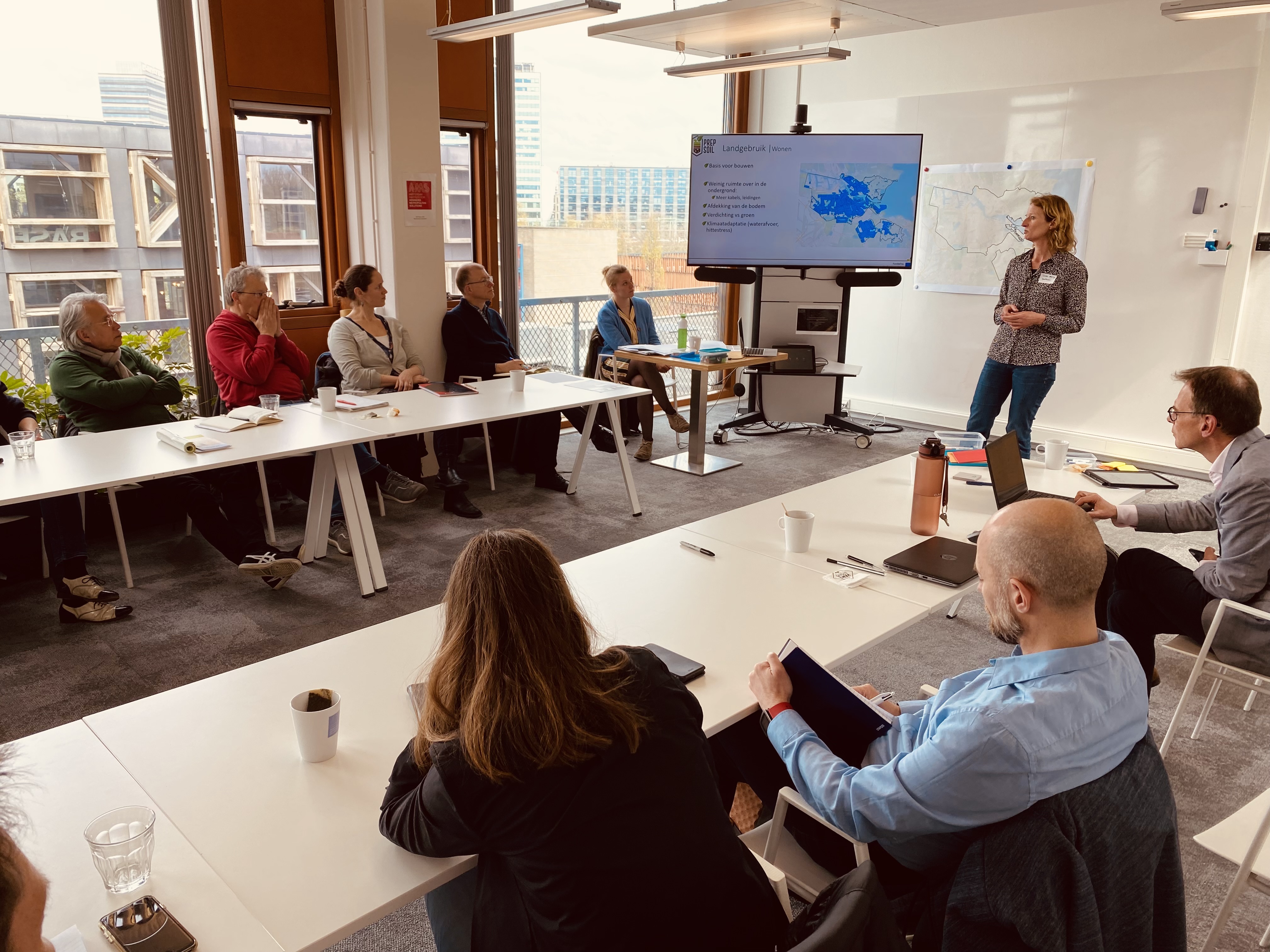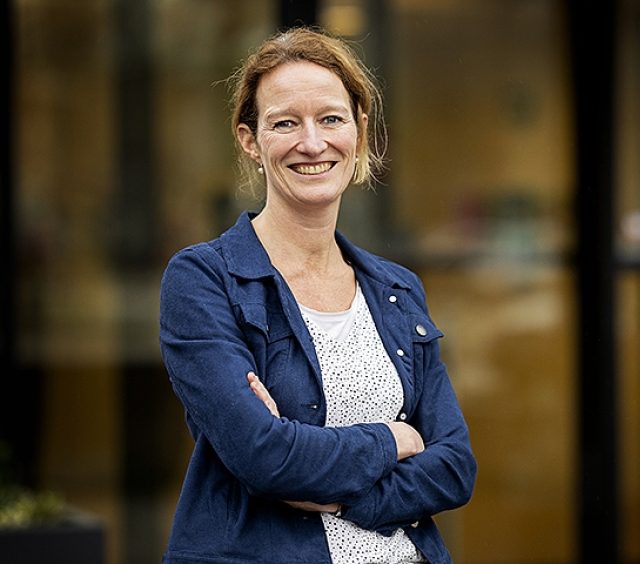Blogpost: PREPSOIL Urban Soils Needs Workshop

At the PREPSOIL workshop in Amsterdam about urban soil needs, which took place last 20th April 2023, a dedicated group of people from different organizations with different viewpoints attended. These were people from the municipality (soil experts, spatial planners, ecologists and asset managers), representatives from citizen groups, soil awareness and educational organisations and scientists working on soil issues in Amsterdam. Also, two other cities active on urban soil health were attending the workshop. About half of the attendees also live in Amsterdam.
During the workshop, current and future challenges and solutions for urban soils in the densely populated and growing city of Amsterdam were discussed. A division was made between the different land use functions within a city, such as parks, dwelling areas, industrial areas, agriculture area around the city, road- and rail sides and also public and private spaces. The soil needs or relevant ecosystem services differ a lot for different urban land use functions. Where the carrying capacity of soils is most relevant for built-up area, the climate regulation function (water regulation, open soil and greens against heat stress) are for green areas in an urban area most important.
Also, the lack of data and knowledge on urban soils and soil health were emphasized. This is still underexplored area.
To improve urban soil health, the private land owners need to be involved, next to the municipality as manager of public space. Related to this, the group discussed several topics and challenges such as actions to raise awareness between relevant actors including citizens, ownership of the topic, perspectives to act for different actor groups, better collaboration...
Regarding urban soil health, it was unanimously stated that there are no quick solutions. However, some clear recommendations were given:
- Treat soils as an asset that can be managed, with a related value;
- For this: assess and show the (societal) value of soil ecosystem services in urban areas;
- Learn more about urban soil health and restoration (both strategic-scientific research and applied- learn from direct actions in the field, a Living Lab approach);
- Decrease the distance between policy makers and citizens / land owners, define common goals and feel ownership of the challenges and the need for finding solutions – good examples can help here!;
- To change behavior of the different actors (e.g. improve climate adaptation measures in private gardens in the city, or on longer term: stimulate smaller housing and larger (shared) open space within cities to lower our footprint…) collaborate with transition, communication and behavioral specialists.
A call from all actors was not just to talk about soil health, but to start acting now where we can, because the next big step are many small steps.
VISIT THE OFFICIAL PAGE OF THIS WORKSHOP
